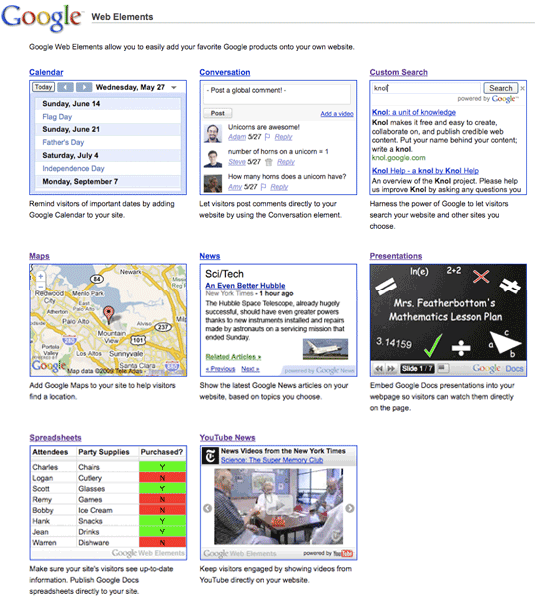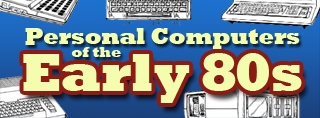( Over at TechCrunch, Michael Arrington has a good review of Topsy, a new search engine that bases its relevance rankings on retweets–the action, on Twitter, of repeating a tweet from another Twitterer to share it with your followers. The idea makes sense–in theory, at least, an item on the Web that lots of folks retweet should be more interesting than one that nobody retweets (or nobody tweeted in the first place). And Topsy gives more value to retweets that come from particularly influential Twitterers. Which is logical for a number of reasons, not the least among them that it helps prevent people from gaming the system.
Over at TechCrunch, Michael Arrington has a good review of Topsy, a new search engine that bases its relevance rankings on retweets–the action, on Twitter, of repeating a tweet from another Twitterer to share it with your followers. The idea makes sense–in theory, at least, an item on the Web that lots of folks retweet should be more interesting than one that nobody retweets (or nobody tweeted in the first place). And Topsy gives more value to retweets that come from particularly influential Twitterers. Which is logical for a number of reasons, not the least among them that it helps prevent people from gaming the system.
In its current form, Topsy still feels more like a good idea than one that’s been absolutely nailed–when you perform a search, it comes back with a ton of stuff, and it’s not always sure what’s what. (For instance, in this egosearch for my @harrymccracken twittername, I’m not entirely clear what the organizing principle is behind the list of Twitterers on the right-hand side of the page.) But the potential is huge. Like much of Twitter, retweets are a useful but crude crutch invented by Twitter users, and I suspect that Twitter will replace retweets as we know them with something more elegant. (FriendFeed already has far more sophisticated mechanisms for sharing information and expressing your approval of it.) If Google and other general-purpose search engines aren’t figuring out how to incorporate retweets and other retwe

 According to the
According to the  Google is holding its Google I/O developers’ conference in San Francisco this week, and among the bits of news from this morning’s keynote address is the launch of
Google is holding its Google I/O developers’ conference in San Francisco this week, and among the bits of news from this morning’s keynote address is the launch of 
 Sell yourself, Yahoo. Or don’t.
Sell yourself, Yahoo. Or don’t. The personal computer revolution is roughly thirty-five years old, which means that been through seven half-decades so far. To me, the most interesting one is the first half of the 1980s–when PCs were really getting going, and hadn’t yet become commodified through compatibility. Almost every new one was an experiment, whether it was wildly successful or a flop.
The personal computer revolution is roughly thirty-five years old, which means that been through seven half-decades so far. To me, the most interesting one is the first half of the 1980s–when PCs were really getting going, and hadn’t yet become commodified through compatibility. Almost every new one was an experiment, whether it was wildly successful or a flop. The first few years of PC history were its stone age–the era when any signs of life whatsoever were history-making. The period from 1985 to the present, as amazing as it’s been, has been one of consistency and compatibility. Which is why I think of 1980-1985 as the most interesting half-decade in PC history. Almost every new system (including some that debuted in 1979) was still an experiment–and even flops could be fascinating. Herewith a gallery of notable examples, illustrated with evocative drawings from
The first few years of PC history were its stone age–the era when any signs of life whatsoever were history-making. The period from 1985 to the present, as amazing as it’s been, has been one of consistency and compatibility. Which is why I think of 1980-1985 as the most interesting half-decade in PC history. Almost every new system (including some that debuted in 1979) was still an experiment–and even flops could be fascinating. Herewith a gallery of notable examples, illustrated with evocative drawings from Back on April 10th, our own Ed Oswald reported that he’d
Back on April 10th, our own Ed Oswald reported that he’d  Symantec arm
Symantec arm